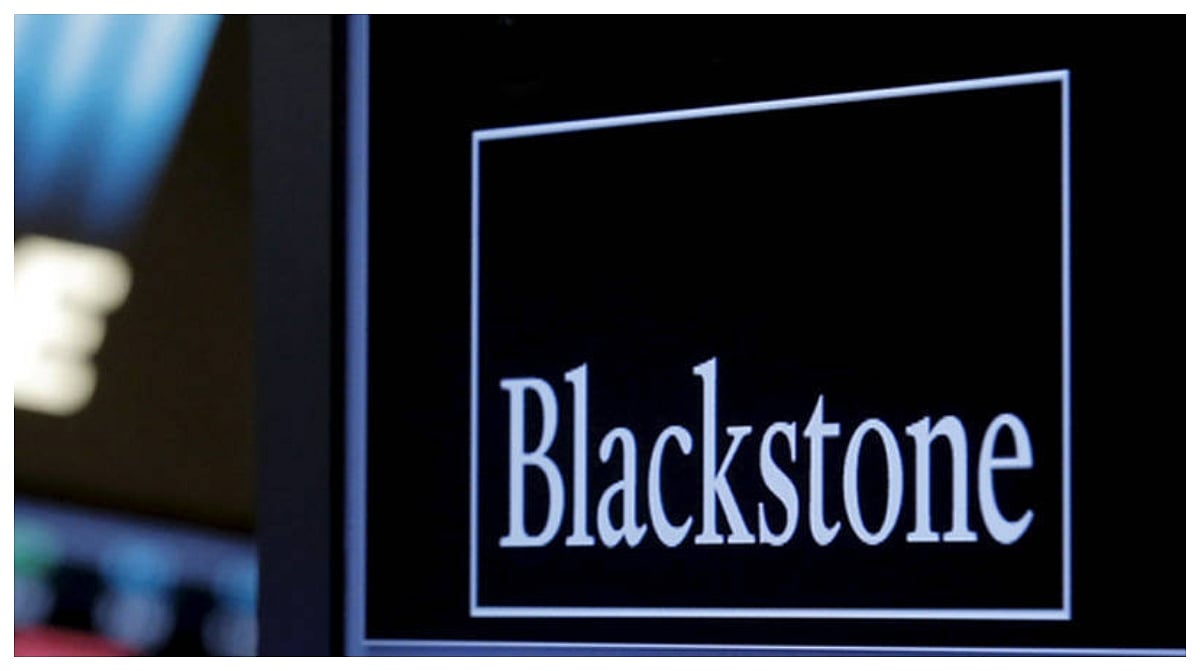Russia Surges Ahead as Europe’s No. 1 Crypto Market
Russia has emerged as Europe’s largest cryptocurrency market by transaction volume

Moscow: Russia has emerged as Europe’s largest cryptocurrency market by transaction volume, overtaking the UK and Germany with over $370 billion in crypto activity during the past year, according to the latest report by blockchain analytics firm Chainalysis.
Between July 2024 and June 2025, Russia received $376 billion in crypto transfers, up sharply from $256.5 billion the previous year. The UK followed with $273 billion, while Germany, Ukraine, and France recorded $219 billion, $206.3 billion, and $180.1 billion respectively.
Chainalysis attributed this leap to a powerful rise in institutional transactions and increased DeFi (decentralized finance) activity. Transfers above $10 million surged 86% year-on-year, nearly double the European average of 44%, while retail participation also rose strongly. DeFi operations — including trading, lending, and yield-based assets — have tripled since 2023.
A key driver in Russia’s ascent is the A7A5 ruble-backed stablecoin, now a critical tool for cross-border trade. Launched in February and officially recognized last month as a digital financial asset (DFA), it gives importers and exporters legal clearance to conduct international settlements using crypto.
Russia continues to take a controlled yet progressive stance toward digital assets. While crypto is banned for domestic payments, it is taxed as property and permitted for international transactions. The Central Bank of Russia has also implemented a regulated framework for professional investors to trade digital assets.
The government recently legalized crypto mining — with restrictions in energy-deficient regions until 2031 — and major lender Sberbank has issued Bitcoin-linked structured bonds, a first for the country’s traditional financial institutions.
President Vladimir Putin has called crypto regulation a “promising area,” urging lawmakers to build strong legal and technological infrastructure for its domestic and global use.
Meanwhile, the Central Bank remains wary. At the Finopolis forum, First Deputy Governor Vladimir Chistyukhin announced that new crypto investment legislation, including penalties for illegal circulation, will be introduced in 2026. The reforms are expected to restrict crypto investments to licensed and qualified market participants.






















